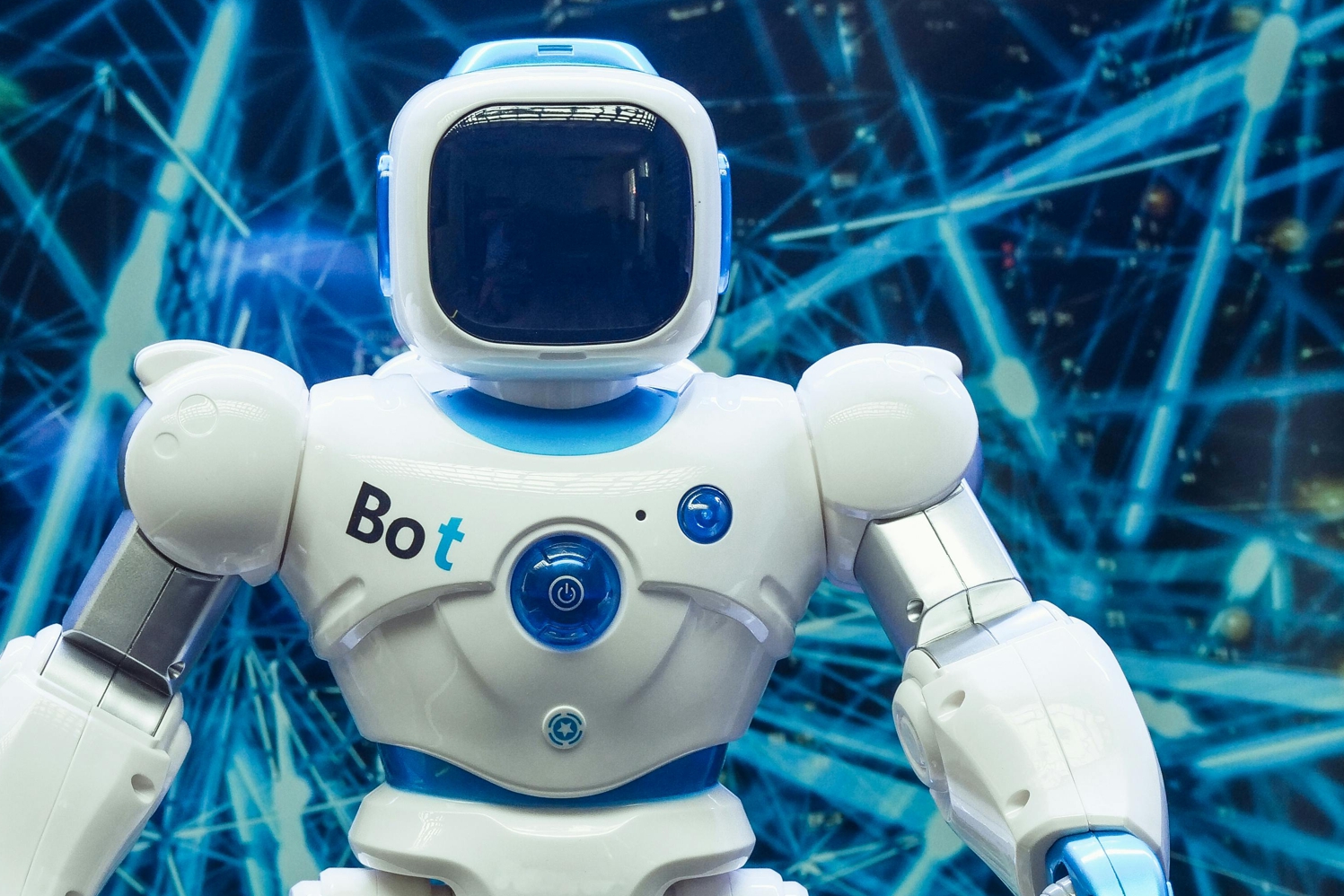Generative AI is a type of artificial intelligence that can create new content, such as text, images, or code. In the realm of education, it’s poised to revolutionize the way we learn and teach.
Wow.
And of course, you’re probably wondering what applications can this be applied to? Well, for myself I see this landing in three (3) different buckets.
Bucket 1: Personalized Learning Experiences:
- Generative AI can create customized learning paths for students based on their performance, learning style, and pace. By analyzing a student’s interaction with educational content, AI can adjust the difficulty level, suggest additional resources, and provide targeted feedback.
- Content Creation: AI can generate practice questions, summaries, explanations, and even full lesson plans tailored to individual learners. This allows for a more personalized and effective learning experience.
Bucket 2: Automated Tutoring and Support:
- Virtual Tutors: AI-driven chatbots or virtual assistants can provide real-time help to students, answering questions, explaining concepts, and guiding them through problem-solving processes. These tools can be available 24/7, offering support outside traditional classroom hours.
- Grading and Feedback: Generative AI can automate the grading process, providing instant feedback on assignments, essays, and quizzes. This allows teachers to focus more on instruction and less on administrative tasks.
Bucket 3: Content Generation and Curriculum Development:
- AI-Generated Educational Materials: Generative AI can create a wide range of educational materials, including textbooks, exercises, and multimedia content. It can also update and adapt content quickly to reflect the latest knowledge and trends in a given field.
- Interactive Simulations and Scenarios: AI can generate interactive simulations, virtual labs, or role-playing scenarios that allow students to explore complex concepts in a hands-on, immersive way.
Will this actually work? Well, yes and no. If I take a look at the top three LMS platforms and how they are using this capability, only one (1) really highlights possible worthiness. Which one?
Moodle with the IntelliBoard plugin.
Overview: Moodle is an open-source LMS that can be enhanced with various plugins, including IntelliBoard, which adds AI-driven analytics and adaptive learning capabilities. IntelliBoard provides real-time data and insights that allow educators to tailor learning experiences to individual student needs.
Adaptive Learning Features:
Personalized Learning Paths: IntelliBoard can analyze student performance and suggest customized learning paths, helping to ensure that each student is working at the right level of difficulty.
Predictive Analytics: The platform uses AI to predict student outcomes and identify those who may need additional support or challenges.
Engagement Tracking: Educators can monitor student engagement and adapt content delivery to maximize participation and learning outcomes.
Is it still evolving? Yes. However, I’m pretty sure that as the technology matures, it will likely play an increasingly central role in how education is delivered and experienced.



An interesting and thought provoking article. I am looking forward to reading more about your ideas related to UX design.
Thank you,
Jason